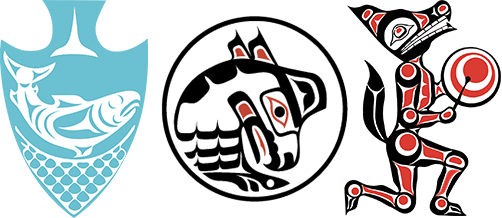Conference Theme
Confidence in Impact Assessment: Policies, partnerships and public involvement
4-7 May 2022
Vancouver Convention Center East
Vancouver, Canada
How can impact assessment create confidence for all participants? Clear and transparent policies, strong partnerships, and effective participation and consultation ensure credibility and predictability. When all parties have confidence in the process, impact assessment can support collaboration, improve outcomes and support sustainable economic development. When process confidence is low, it can create conflict and an overall erosion of trust, leading to uncertain outcomes.
IAIA22 in Vancouver aims to examine the area of confidence in impact assessment through three lenses:
Policies: Strong, consistent and clear legislation, policies, and Indigenous governance provide certainty and support sustainable development. At its best, impact assessment creates a robust standard that can be supported by all parties, but, without transparent processes, uncertainty and conflict can impede sustainable development. For example, impact assessment, when combined with other initiatives such as the United Nations Declaration of the Rights of Indigenous Peoples, can provide a strong basis for Indigenous Consultation, decreasing these issues.
Partnerships: Impact assessment is most successful when all parties work together. Meaningful collaboration between government agencies, Indigenous peoples, proponents, practitioners, and communities supports an equitable, engaged and comprehensive process. Such a process can create relationships and build trust, even when interests are not aligned; this supports identifying solutions to complex issues.
Participation: Accessible impact assessment ensures Indigenous governments and communities, stakeholders, and the public are able to meaningfully participate. This provides a robust understanding of values, interests, issues and solutions. Without these collaborative opportunities, participation and consultation processes can experience delays, mistrust, and a misunderstanding of potential impacts.





